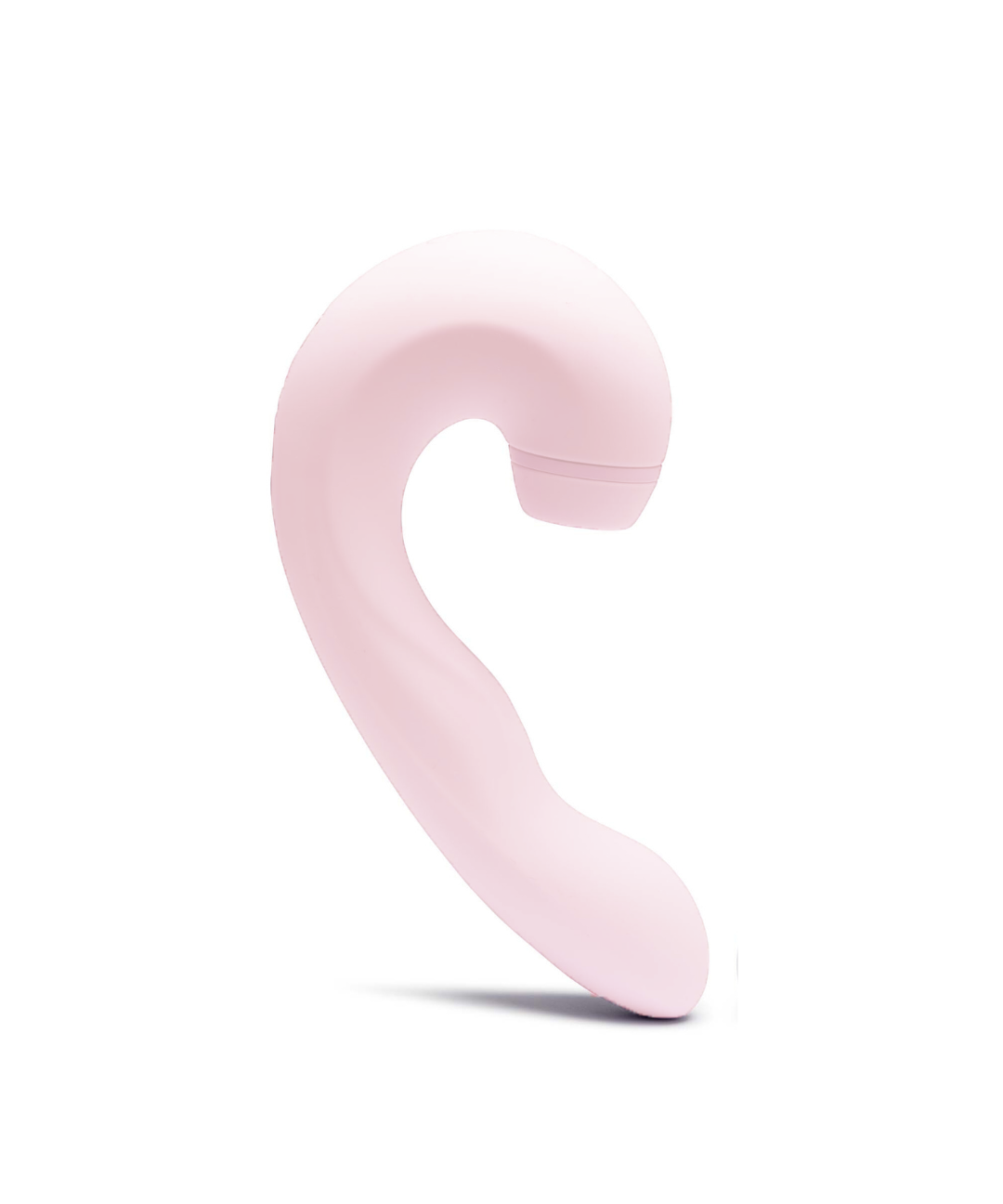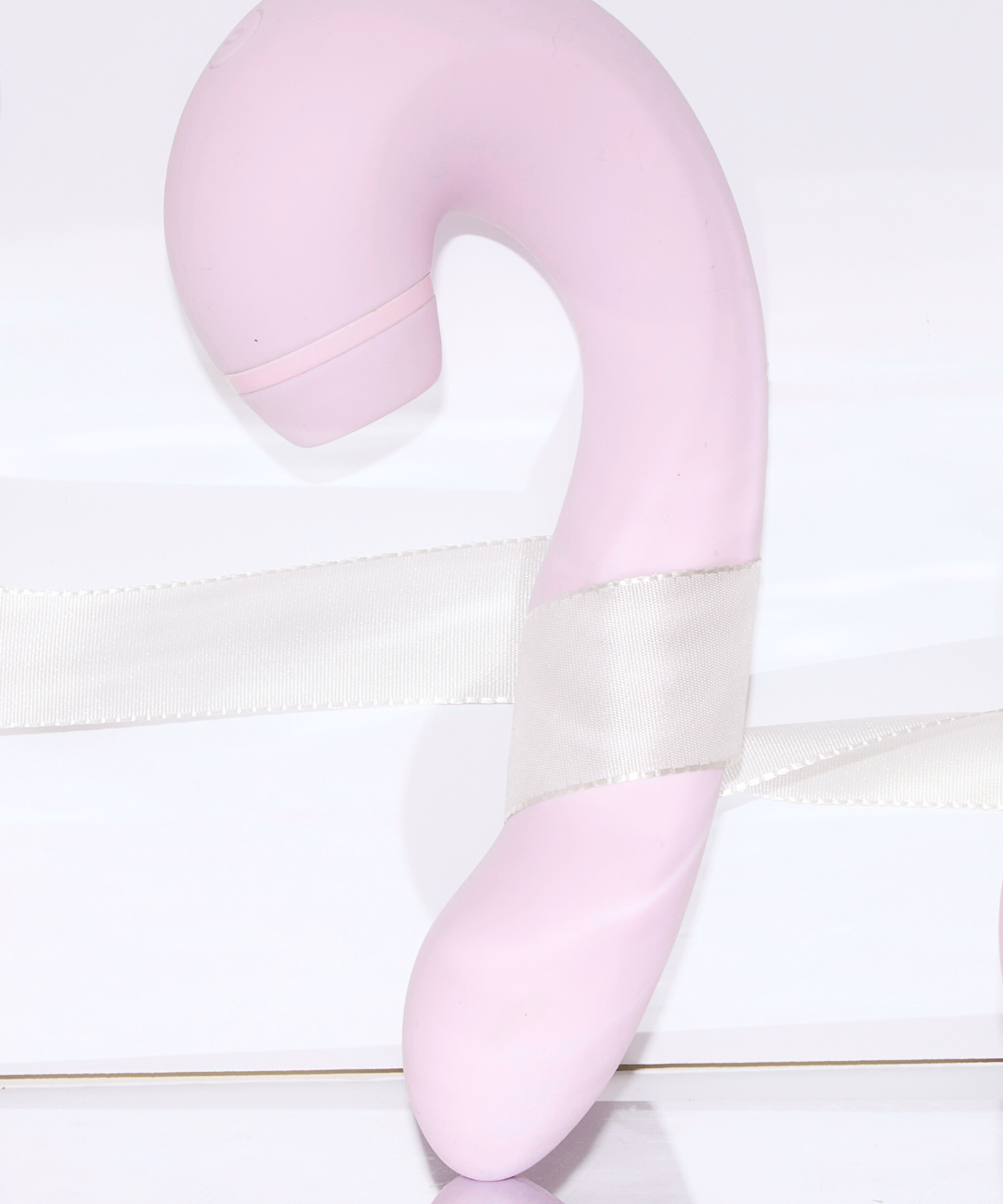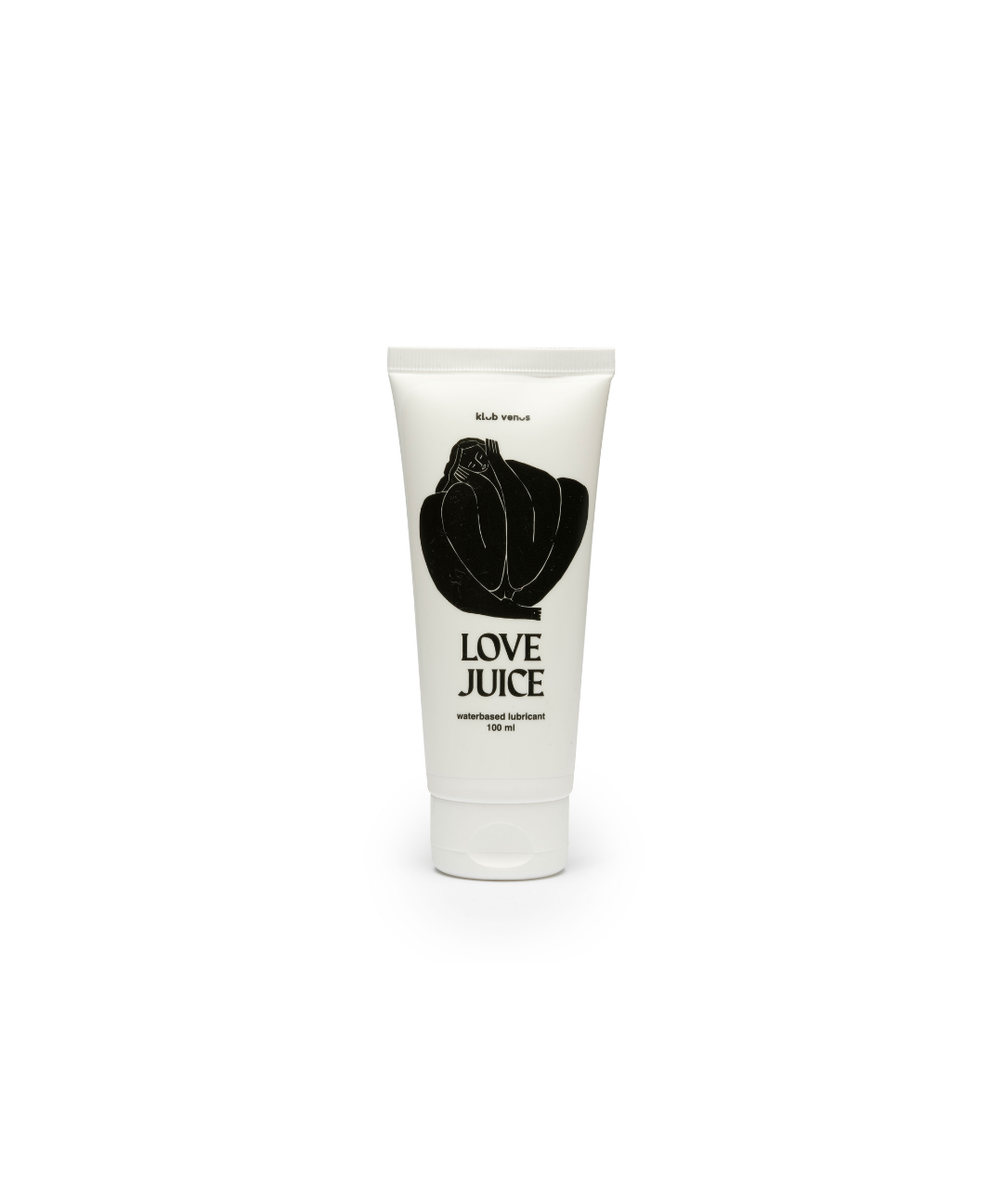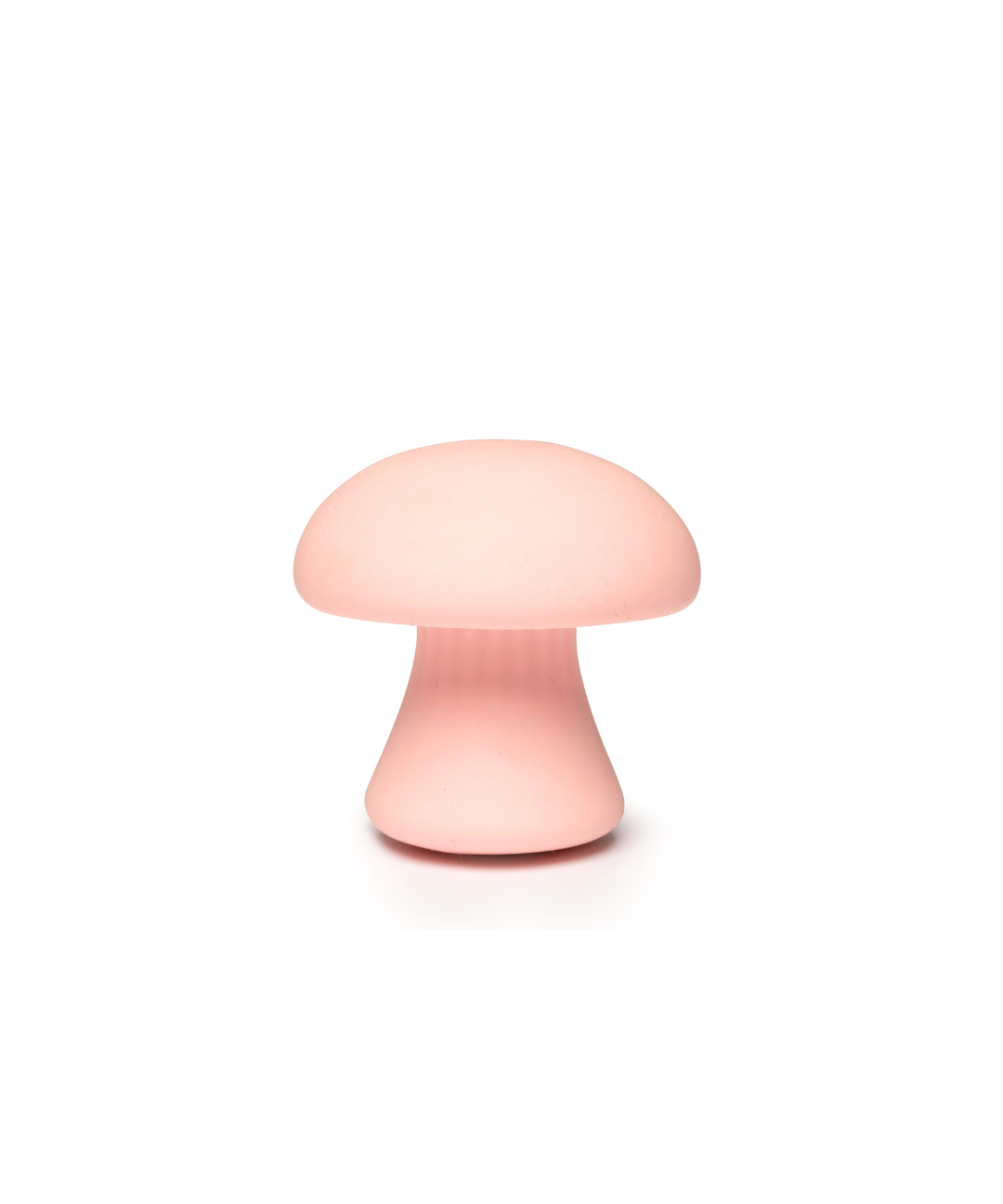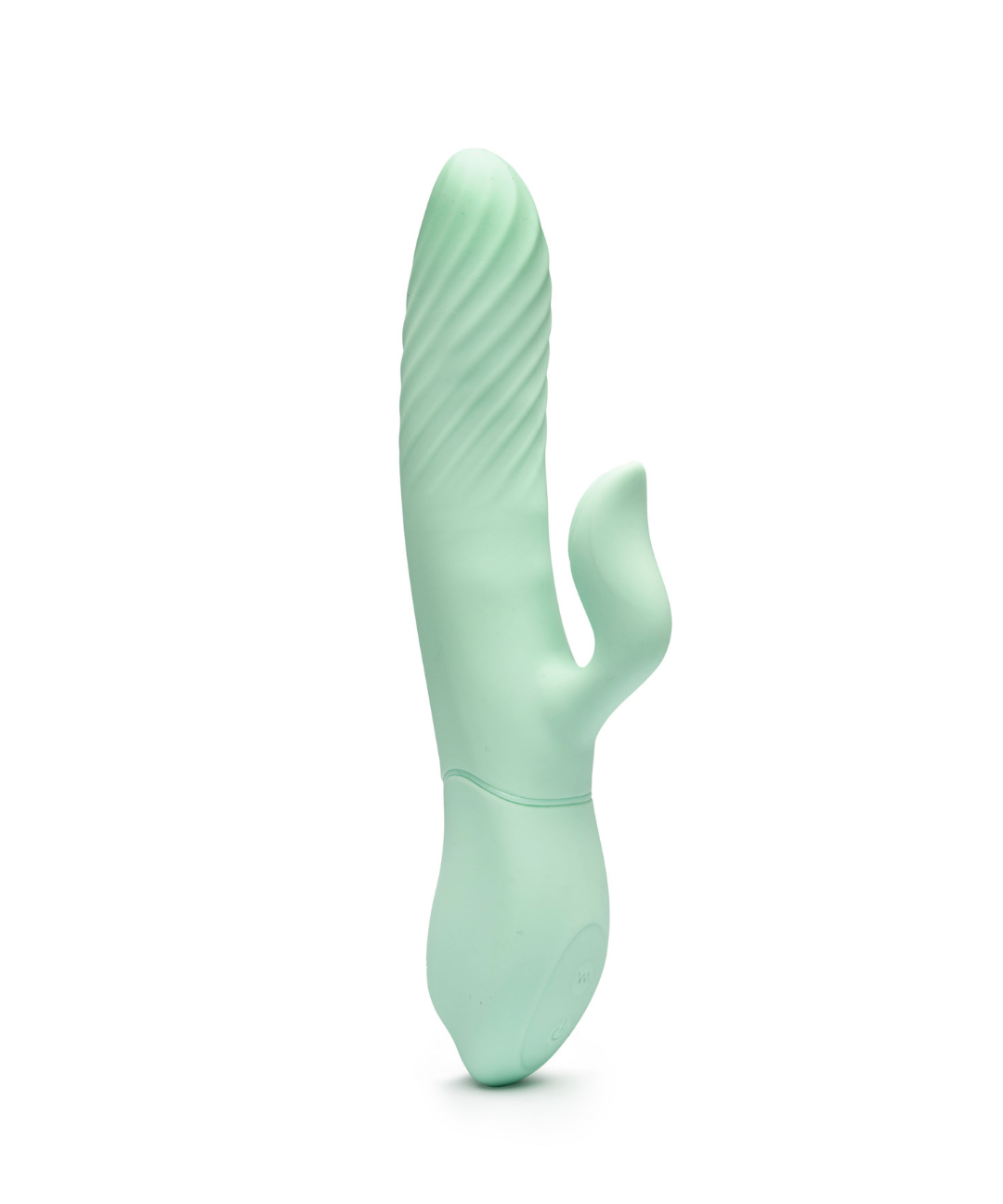For as long as I can remember, I have always associated my abdomen with pain or a feeling that something was wrong, from my first period, to my first sexual experience and my first visit to a gynecologist.
Is there something wrong with me?
I clearly remember that as a 15-year-old, young and newly in love, I had looked forward to being intimate with my then boyfriend, but had to leave with a feeling of defeat and a big question mark inside.
When I first let my then-boyfriend touch me, an unpleasant and almost unbearable pain arose. It started a lot of thoughts in my head about whether it was me who did something wrong, or whether it was him who perhaps just didn't quite have control of what he was supposed to do. The friends I turned to for guidance assured me that there was of course nothing wrong with me and that maybe I just hadn't been turned on enough or he couldn't quite find his way down there. I tried to forget the episode and thought it would probably be better next time. But the next time was no better, and neither was the time after that. I became worried if there was something wrong with me and an insecurity spread inside me.
I chose, after an incredible amount of consideration, to make an appointment with my doctor because I sincerely wanted confirmation that I was completely normal and healthy. At the doctor's visit, it was so difficult to examine me, due to my body's reluctance, that I had to be referred to a gynecological clinic. Here, when I look back, a somewhat messy process started with a misdiagnosis. I went a long time thinking I was doing something wrong other than what I actually did. At the same time, I also started seeing a physiotherapist, who was supposed to help me relax my pelvis more, as I had become used to walking and unconsciously tensing up my abdomen. A mechanism my body uses to constantly be on guard against pain.
A real diagnosis
The physiotherapist helped me immensely. Both with my self-esteem, my relationship with my body and my mindset. She was also the one who introduced me to the term Vulvodynia for the first time. This diagnosis made a lot more sense to me than what the doctors had given me before. The vulvodynia was far more relatable for me but also scary, as unfortunately it is like that with vulvodynia that it is a bit of a big question mark. There is no conclusive list of causes of the disease or treatment methods that have evidence to work.
Therefore, you are left with a feeling of being empty inside. I have often been incredibly frustrated and angry because I have felt it has been so unfair that I was the one to be affected by this. All this anger is probably born from a great sadness inside, because it is an illness that takes a lot on you, both mentally and physically. It is often difficult to deal with, precisely because you cannot just swallow a pill and then the pain stops. The pain is there, for some all the time, for others occasionally, but they are there and it is difficult to fight them and accept them.
What we don't talk about
Vulvodynia is a huge taboo and I am convinced that there are many who do not know what it is at all, I myself have been guilty of that, as it is a diagnosis that I have hidden from everyone and been extremely ashamed of. I'm sure that if we articulated it more, it would be easier to talk about and thus no longer be a shameful thing to hide. It could make it easier to create a forum where people could feel safe to share their story and give tips on how a person with vulvodynia can also achieve a pleasant sex life with pleasure.
I have gradually tried several treatment methods, physiotherapy, acupuncture, xylocaine (anesthetic cream) and recently botox. Unfortunately, none of the above has proven to be my miracle cure, but that doesn't stop me from trying other things. Even if I have pain in my abdomen and cannot have intercourse with penetration, it does not mean that I have to give up on a sex life that involves pleasure. People with vulvodynia deserve pleasure through sex just as much as anyone else.
There are just some challenges that both you and your partner must learn to navigate and find solutions for.

